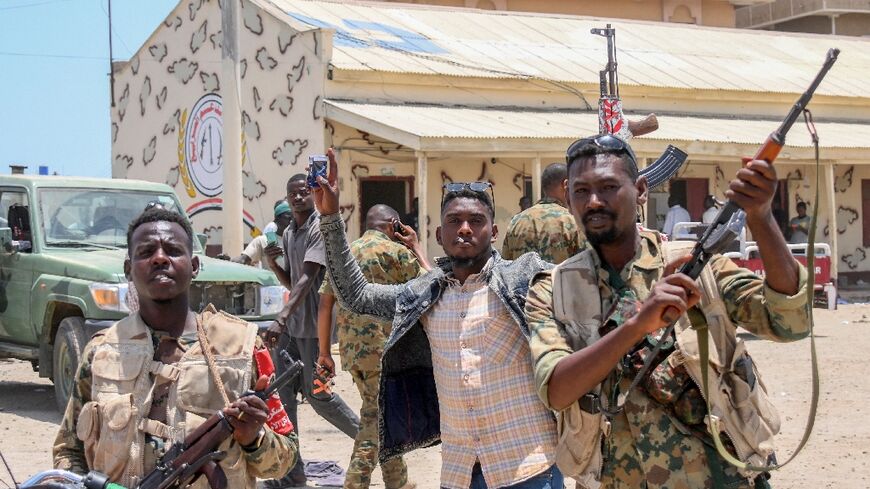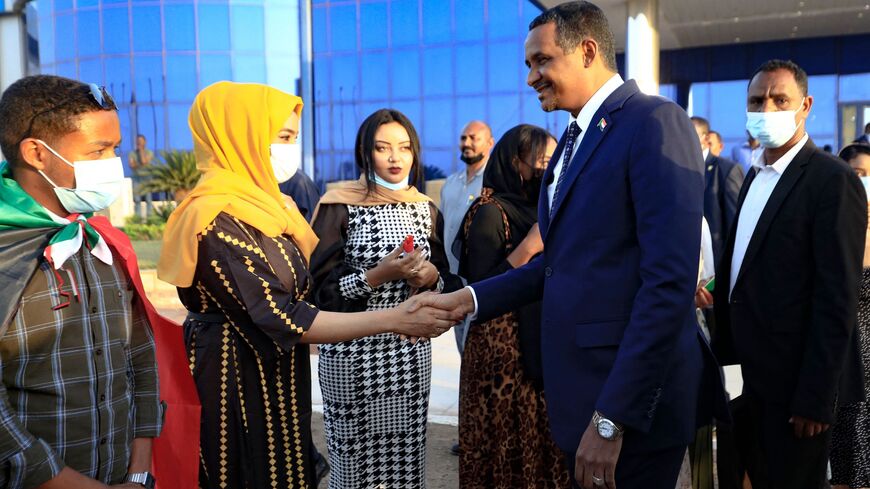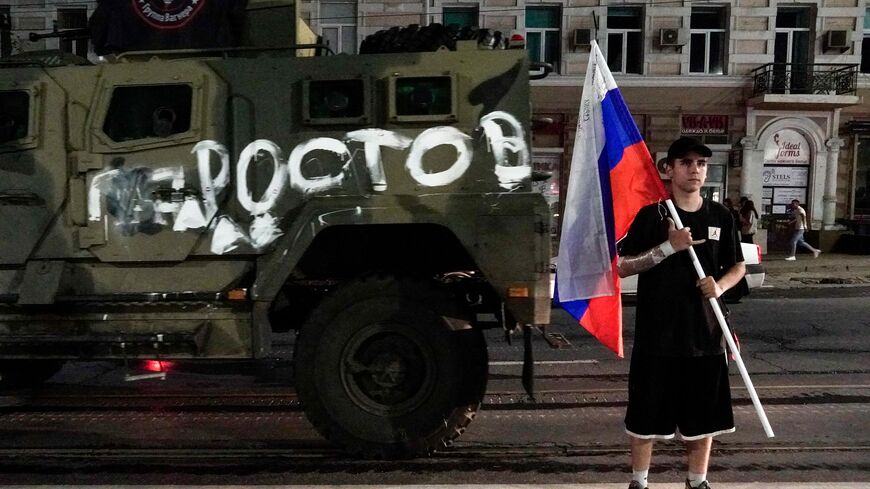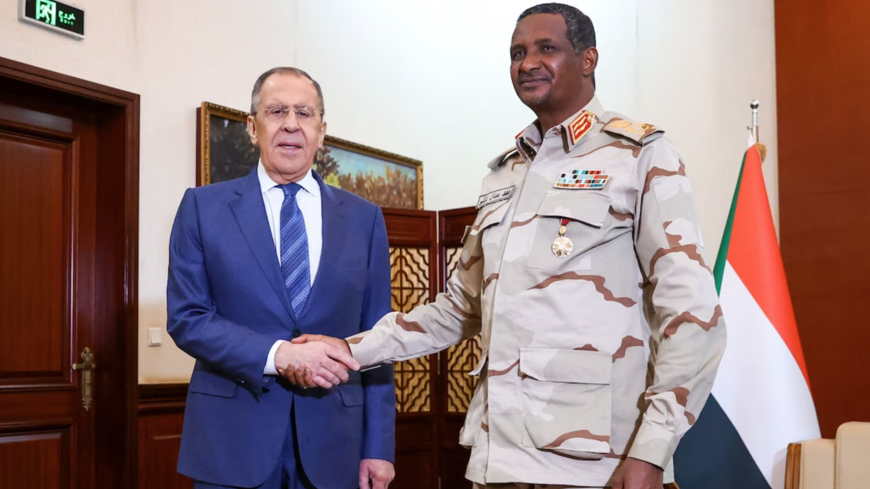Wagner keeps low profile in Sudan to preserve interests
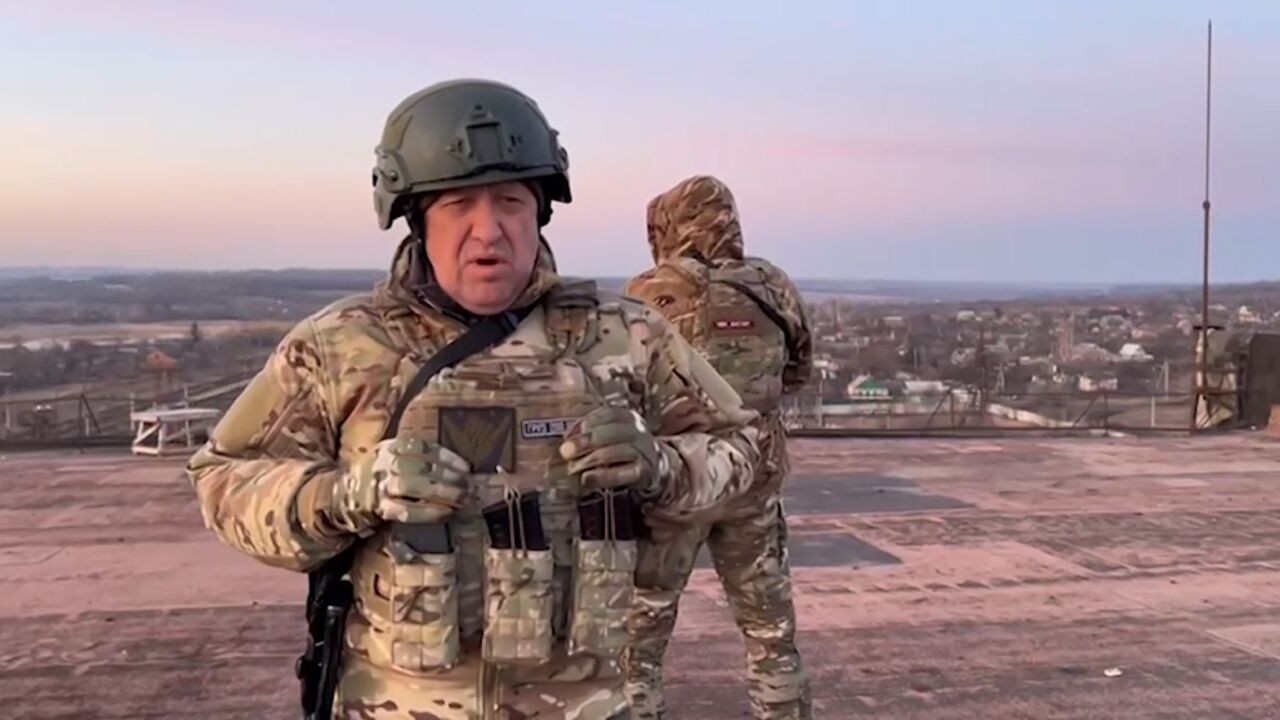
Russian mercenary outfit Wagner has been present in Sudan for years, but has kept a low profile during recent clashes to preserve its interests in the gold-rich country, experts say.
Here is what we know about Wagner boss Yevgeny Prigozhin's dealings in the troubled African nation:
- Russian ties -
Russia supplied weapons to Sudan during the three-decade-long rule of former president Omar al-Bashir, especially after the United Nations imposed sanctions on the country in 2005 over the Darfur conflict.
After the army toppled him in 2019 following months of protests, ties between Khartoum and Moscow appeared to slacken.
But after army chief Abdel Fattah al-Burhan seized power in October 2021, his deputy Mohamed Hamdan Daglo signalled openness to continued cooperation.
Sudan was ready to cooperate "with any country, provided it is in our interests and does not threaten our national security", said Daglo, also known as Hemeti.
After both generals fell out, it is Burhan's army and Daglo's Rapid Support Forces (RSF) paramilitary who have been battling each other since Saturday, in violence which embassies in Khartoum say has killed more than 270 people.
- Gold -
Sudan in rich in gold, the large majority smuggled out of the country illegally.
Daglo's RSF is said to control several mines.
A company owned or operated by Prigozhin called M Invest and its subsidiary Meroe Gold act as a cover for Wagner in Sudan, according to the US treasury.
In 2017, when Bachir was still in power, Sudan awarded M Invest concession agreements to explore gold mining sites in the country.
Shortly afterwards, Meroe signed a five-year deal with a Sudanese firm called Aswar, which appears to have been controlled by Sudanese military intelligence, to secure its position in the country's gold sector, the Organized Crime and Corruption Reporting Project (OCCRP) reported in November last year.
In 2018, Sudan then waived a 30-percent gold tax for Meroe, it said.
The US treasury in 2020 imposed sanctions on both M Invest and its subsidiary Meroe Gold.
"Prigozhin and his network are exploiting Sudan's natural resources for personal gain," then US treasury secretary Steven Mnuchin said at the time.
Over the past few years since Bashir's fall, "Wagner has continued to expand its mining portfolio in Sudan," said Catrina Doxee, from the US-based Center for Strategic and International Studies.
It has done this by remaining "relatively opportunistic in Sudan rather than loyal to any particular political faction", she told AFP.
- Disinformation, training -
Beyond gold, Wagner has also provided strategic political influence in Sudan.
"Disinformation campaigns targeting Sudanese social media users have been a consistent part of their playbook since 2017," the Global Initiative Against Transnational Organized Crime wrote in February.
In early 2022, a member of the Sudanese security services told AFP: "Russian experts secure communications and analyse social media for state-linked institutions."
Wagner is also believed to have trained members of the security services.
"The presence of Russian paramilitary personnel in Sudan is beyond any doubt," Russian expert Sergey Shukankin wrote in 2020.
Local Sudanese sources said "the mercenaries were located in Khartoum and were training the special operations forces of the National Intelligence and Security Services", he added.
- Choosing a side? -
Prigozhin on Tuesday denied that any Wagner operatives were in Sudan.
"For two years, not a single Wagner... fighter has been present in Sudan. And today there is none," he said on Telegram.
Most analysts agree that he is likely waiting to see the outcome of the fighting before choosing a side.
Doxee said Wagner was "likely to adopt an opportunistic stance in the current conflict".
"It is most important for Wagner to protect its own commercial interests... under whichever faction triumphs," she said.
Roland Marchal, an expert at the Paris-based Centre for International Research, agreed.
"As long as business continues and their influence remains, let the best man win," he said, summing up the group's attitude.
Colin Clarke, of the New York-based Soufan Center, said Wagner was probably more inclined to lean toward Daglo, "because of his access to gold mines in Sudan".
"But as with any mercenary group, the loyalty and allegiance is to whoever is writing the checks," he said.


